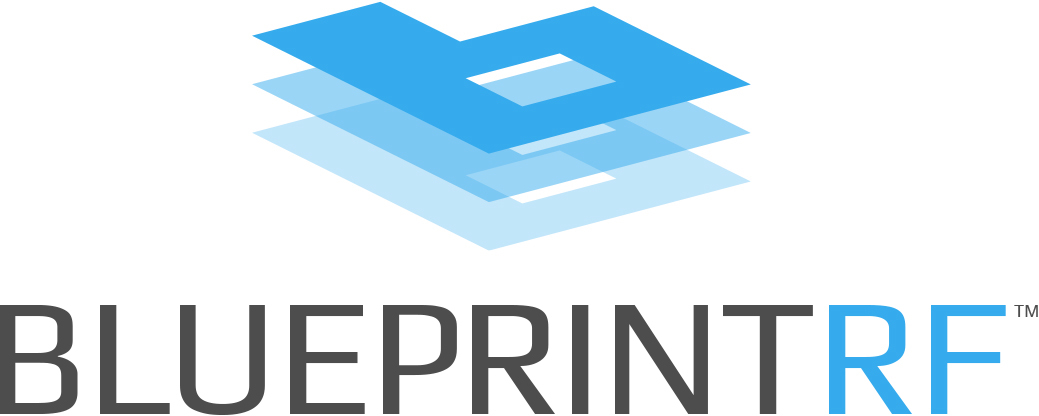Hotel guest profiles are invaluable assets in hospitality. A well-crafted profile can offer a wealth of information, painting a detailed picture of who your guests really are.
This knowledge enables hoteliers to anticipate their guests’ preferences almost instinctively and tailor guest experiences to meet and exceed their expectations. The use of guest profiles in hotels isn’t just about creating personalized experiences — it’s also about driving revenue growth for your hospitality business.
What is a Hotel Guest Profile?
A hotel guest profile is a detailed record of a guest who has stayed at a property. These records usually consist of essential information, such as the guest’s name, email, address, contact details, and historical transactions. But they can also include specific guest actions, preferences, and other behavioral insights, such as:
- The frequency and duration of the guest’s visits to the property.
- The type and category of rooms the guest prefers to book.
- The average amount the guest spends on ancillary service (such as food, beverages, or spa).
- The channels and methods the guest uses to communicate with the property, such as email, phone, chatbot, etc.
- The feedback and ratings the guest gives to the property after their stay.
- The loyalty program status and points of the guest.
This type of profile information is used to keep track of guests so that hotels can better optimize their operations and marketing activities while tailoring the guest experience for future stays. They’re often accompanied by or labeled alongside guest personas, descriptions of the guests that a property usually attracts. Together, this data helps hotels gain clarity and confidence to apply targeted marketing strategies to certain guests or segments.
For example, a robust hotel guest profile can display information like the room type preference or whether a guest would like the morning paper. Profile notes can be shown that flesh out who the guest is and what they want. In short, guest profile information plays an important role in marketing efforts and can help enhance guest experience and loyalty.
5 Types of Guest Profiles in Hotels
The world of hospitality is vast and diverse, much like the guests it serves. Understanding this diversity can unlock new levels of service and satisfaction. Hotels use various types of profiles to better cater to their clientele. Here are the five primary hotel profile types and the purpose that they serve.
1. Guest Profiles
Guest profiles are a vital tool in the hotel industry’s arsenal, providing invaluable insights about individual guests – their preferences for room type or dining options, past stay history, and even feedback from previous visits. This wealth of information allows hotels to offer personalized experiences that leave lasting impressions on their patrons.
2. Company Profiles
When dealing with corporate clients for business events or long-term stays, company profiles become an indispensable resource. They include details such as preferred payment methods or room categories for employees, helping streamline processes while offering top-notch services.
3. Travel Agent Profiles
The role played by travel agencies in bringing guests from different parts of the world cannot be understated, thus the importance of maintaining travel agent profiles. These profiles encompass agents’ contact info along with other essential data like commission rates and contractual agreements, facilitating smooth transactions between both parties.
4. Group Profiles
Large groups booking rooms together — like families vacationing or companies hosting conferences — utilize group profiles. These profiles capture group-related specifics, including the total number of members, duration of stay, and any unique requirements (like booking conference rooms or using business center resources).
5. Source Profiles
Tracking where bookings come from, whether through online platforms, direct walk-ins, or referrals by current customers, is also crucial and captured within what we call a source profile. This helps identify the most profitable sources and optimize marketing efforts accordingly.

How Guest Profiles Boost Satisfaction and Hotel Revenue
No doubt, the secret to a successful hospitality business lies in understanding the preferences of your guests. This knowledge can be acquired through detailed guest profiles, which open doors for hotels to offer services tailored specifically for each customer, enhancing their experience and boosting revenues.
Let’s look at how this data-driven strategy works in boosting guest satisfaction and hotel revenue.
– Customized Experiences: Having an insight into the likes and dislikes of guests lets hotels modify their offerings accordingly. It might involve setting up rooms according to certain preferences, such as in-room entertainment features, or recommending local attractions based on past interests.
– Precise Upsells: Knowing what each individual prefers allows hotel businesses to suggest relevant add-ons or services. For instance, if you know that a certain guest is fond of spa facilities, offering them exclusive deals on massage treatments and other spa services could encourage increased uptake.
– A Clearer Picture of Guests’ Needs: By examining patterns within the collected data, hotels can anticipate what most guests will require during their stay. Proactively catering to needs like extra pillows or late checkout options enhances overall satisfaction levels.
– Rewarding Loyalty Programs: Loyalty programs are another way where insights from guest profiles come in handy. By rewarding returning customers with perks designed specifically towards their unique tastes and habits, hoteliers can foster long-term relationships between the brand and its patrons. Such reward programs also act as incentives encouraging customers to not only return but to share their positive experiences with others.
– Improved Marketing Efforts: Guest profile information can help hotels better understand their guests and create targeted marketing campaigns that resonate with their specific needs and preferences. By tailoring their marketing efforts to specific guest segments, hotels can automate what channels, messaging, and incentives will work the best, and effectively increase their marketing ROI.
In today’s fast-paced digital world, tech-savvy travelers expect seamless interactions throughout their journey — including when they’re booking accommodations. To keep pace with such expectations, it becomes imperative for hotels to employ cutting-edge technologies designed specifically to collect and manage hotel guest information to best serve their customers.

Essential Technology for Hotel Guest Profile Management
Navigating the landscape of hotel guest profile management might seem overwhelming, but the right tech stack can make it more approachable. The technology needed to effectively collect and manage guest profiles is straightforward once broken down.
1. Data Collection Tools: Your First Step
The journey begins with data collection tools like digital check-in platforms, which gather crucial details about your guests as they arrive. Studies suggest that this method is a hit among guests due to its convenience and speed. Remember, it’s all about creating an easy experience for your visitors while gathering essential information.
2. CRM Systems: Organizing Collected Data
Once the data is collected, how can it be efficiently managed? This is where Customer Relationship Management (CRM) systems come into play, organizing every piece of gathered information into individual profiles easily accessible by hotel staff when required.
3. Analytics Solutions: Making Sense Out of Numbers
You have the data and organized it well; now what? Enter analytics solutions. These technologies transform raw numbers into actionable insights, helping identify trends or highlight areas needing improvement. For instance, if certain services are consistently rated low by guests, you know exactly where to focus resources.
4. Data Security Systems: Protecting Sensitive Information
In dealing with sensitive customer information, security cannot be compromised. Techniques such as encryption along firewalls form part of the tech stack, ensuring safety against breaches. As seen recently, a lack thereof could lead to not just monetary losses, but severe reputational damage too.
5. Robust Wireless Connection: Underpinning It All
Last, we touch upon perhaps the most critical aspect — reliable wireless connectivity. A dependable network connection underpins everything else mentioned above — without, even the best software would fail to deliver the expected results. Whether sending a survey via email, accessing CRM remotely, or running real-time analyses on secure servers, everything hinges upon the strength and quality of the signal provided.
How Blueprint RF Can Help
Blueprint RF offers a range of hotel WiFi solutions and managed internet services for hospitality, including support for hotel guest profiles. Blueprint RF’s solutions provide the backbone for hotels to collect and store guest information, preferences, and historical transactions.
Blueprint RF’s network services involve turnkey delivery, including comprehensive site survey and design, complete installation, structured cabling, and 24/7/365 support services. An accessible dashboard provides real-time network performance metrics, including daily guest use statistics, device uptime, detailed call information, and more.
By providing reliable and secure network solutions, Blueprint RF can help hotels collect and manage guest information, which can be used to improve the guest experience while optimizing their bottom line. For more information on how Blueprint RF’s network services can help hotels increase guest satisfaction, contact Blueprint RF to learn more.











